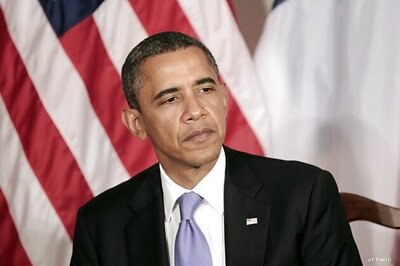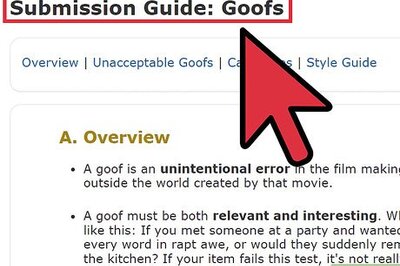
views
Indian shares traded lower on Monday as some investors worried about contagion risks in the global banking system despite a historic Swiss-backed acquisition of troubled Credit Suisse by UBS Group offering some relief. India’s benchmark Sensex fell 1.49 per cent or 865 points to 57124 points while Nifty lost 1.53 per cent or 265 points to 16834 points.
Since the beginning of the Silicon Valley Bank (SVB) crisis on March 9, Sensex has become weaker by over 3,000 points.
Key factors behind the D-Street sell-off
US Banking Crisis
The banking sector is reeling from the shockwaves caused by the recent collapse of Silicon Valley Bank and Signature Bank, both of which experienced significant losses in their bond portfolios. These failures mark the largest bank collapses since the global financial crisis and have had a profound impact on global markets, which have been steadily declining as a result.
“The fears of financial contagion rising from the banking crisis in US and Europe appear to be largely contained by the quick response of the governments and central banks. The volatility index in the US at around 25 doesn’t indicate any panic like in 2008. However, investors may remain cautious and wait for stability. The boost to India’s macros arising from a reduction in trade deficit and big decline in Brent crude to $73 are positives from the market perspective,” said Dr. V K Vijayakumar, Chief Investment Strategist at Geojit Financial Services.
US Markets
US stocks ended lower on Friday as worries about banking-sector stability reemerged following a bankruptcy filing by SVB Financial Group and the release of data showing banks borrowed $165 billion from the Federal Reserve over the past week. Most Asian markets dropped despite coordinated efforts by global central banks to ease a fast-growing banking crisis.
Banking Stocks
Banking stocks continued to slide despite UBS Group AG’s acquisition of Credit Suisse Group AG and the implementation of new dollar liquidity measures by major global central banks. Investors and strategists believe that the global financial markets are still in a state of turmoil with the potential for further decline.
Crude Falling
Over the past ten sessions, crude oil has seen a decline of more than 18 percent. This is due to increasing concerns among investors regarding a global banking crisis, leading to a decreased interest in risk assets such as commodities. On Monday, US benchmark crude futures dropped by as much as 2.8 percent to $64.89 per barrel, which is the lowest level since December 2021. The Emkay report attributes the fall in prices to a slow economy, the possibility of a mild recession in the US, and lower utilization by industrial units. Additionally, a more restrained outlook on consumption growth in China has also contributed to this decline.
FED Meeting
As the rate-setting panel of the US Federal Reserve meets on 21-22, the world’s largest central bank would be under pressure from investors who are blaming the Fed for its pace of large rate hikes over the past year to cool economic activity and inflation.
The market is largely expecting the Fed to announce a 25 basis point rate hike.
Read all the Latest Business News here



















Comments
0 comment